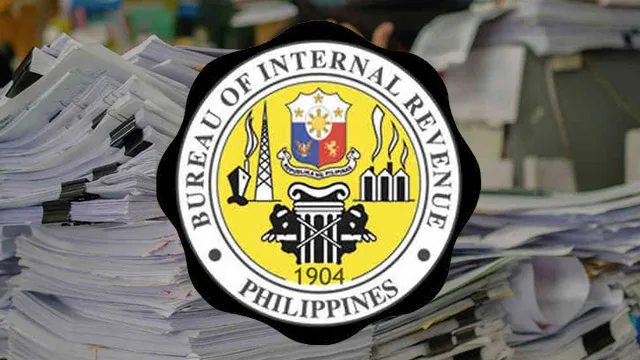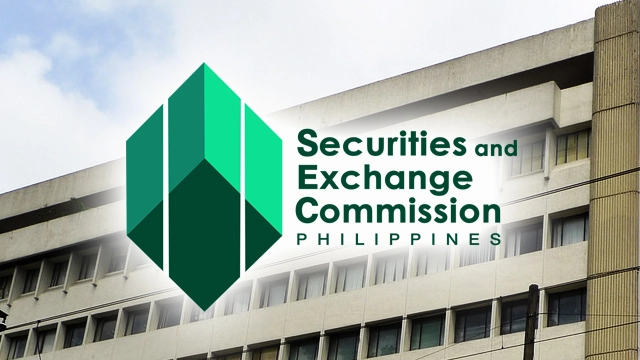(UPDATE) PRESIDENT Ferdinand Marcos Jr. has signed into law a measure that modernizes the tax administration process and strengthens taxpayer rights, Malacañang said on Sunday.
Enacted on January 5, Republic Act 11976, or the “Ease of Paying Taxes Act,” is expected by the Marcos administration to significantly contribute to achieving its 8-Point Socioeconomic Agenda through much-improved revenue collection through digitalization initiatives.
The Presidential Communications Office (PCO) said RA 11976 is expected to increase the efficiency of tax administration, strengthen taxpayer rights, and allow the government to increase the taxpayer base by streamlining the system and minimizing the burden on taxpayers.
It introduces administrative tax reforms and amendments to several sections of the National Internal Revenue Code of 1997 and will pave the way toward updating the Philippine taxation system, adopting best practices and replacing antiquated procedures.
RA 11976 will also ensure the availability of registration facilities to taxpayers who are not Philippine residents, reduce documentary requirements and digitalize BIR services.
It gives tax agencies 180 days to act on claims for refund of erroneous or illegal tax collection; increases the amount from P100 for the mandatory issuance of receipts for each sale and transfer of goods and services to P500; and reduces the number of income tax return pages from four to two pages.
Among the digitalization initiatives that should be carried out are the adoption of an integrated and automated system for facilitating basic tax services, setting up electronic and online systems for data and information exchange between offices and departments, streamlining of procedures by adopting automation and digitalization of BIR services, and building up BIR’s technology capabilities.
The law’s implementing rules and regulations (IRR) shall be promulgated 90 days from its effectivity after the consultation of the Finance Secretary with the BIR and the private sector.
“It brings our tax administration system to the digital world — allowing the BIR to shift to a full digitalization,” Salceda said in a statement.
“In that sense, and in keeping with other reforms [Marcos] has signed, such as the Public-Private Partnership Code of the Philippines, it makes President Marcos a modernizer of long-stagnating systems,” he said.
He said the new law allows tax return filing “virtually everywhere.”
“The law also removes the VAT official receipt as a requirement for substantiating refund claims and input and output taxes. Instead, a VAT invoice will be the sole supporting document required in declaring output taxes and claiming input taxes for both sale of goods and services,” Salceda said.
Salceda said that he was “elated above all by the fact that the law was born here in the House and was crafted after the House Committee on Ways and Means’ discussions with various stakeholders. When we discuss anything in that committee, it is truly in aid of modernizing legislation. This is a proud moment for the work our committee does.”


